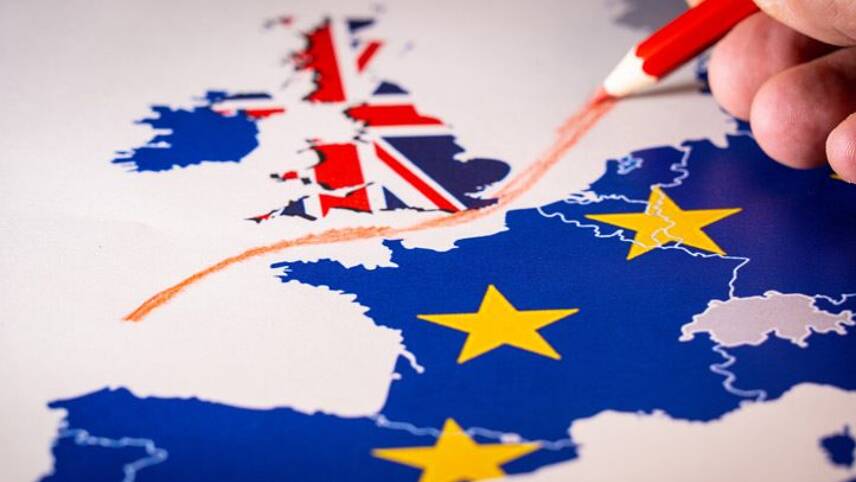Register for free and continue reading
Join our growing army of changemakers and get unlimited access to our premium content

UKICE warns that the application of new EU rules in Northern Ireland could become a flashpoint.
Today (11 April), UK in a Changing Europe (UKICE) has published its ‘UK-EU Regulatory Divergence Tracker,’ emphasising that due to ongoing legislative actions in the EU, British businesses will be compelled to comply as the new policies link access to the EU market with meeting new standards across various domains.
A standout trend identified in the tracker is the surge in EU-led divergence, driven by a flurry of legislative activity preceding the parliamentary elections scheduled for June. This surge is expected to affect the UK, which has seen its legislative agenda come to a virtual standstill, as per the tracker.
The tracker specifically highlights the Corporate Sustainability Due Diligence Directive (CSDDD) – a landmark new EU law that will require businesses to take more responsibility for labour and human rights violations in their supply chains.
Last month, EU member states advanced the Directive, albeit in a watered-down format that includes loopholes such as the removal of a mechanism allowing trade unions to sue non-compliant firms.
Another loophole exempts corporates from responsibility for the indirect environmental or social impacts of organisations they work with. Despite these revisions, the Directive could still pose legal challenges for UK businesses seeking to export to the EU, according to UKICE.
A swathe of new legislation
The EU is also tightening regulations on technology firms, emphasising labour rights and competition rules with landmark directives such as the Platform Workers Directive, which aims to improve social protections for gig economy workers.
In parallel, the EU is rolling out new measures to promote sustainability and environmental protection, mandating changes in packaging, product repairability and wastewater treatment practices.
The EU recently reached a provisional deal on a series of new legislation that will require all non-recyclable packaging to be removed from EU markets by 2030. Additionally, the provisional policy will require all EU member states to achieve an 80% collection and recycling rate for beverage cans and bottles by 2026, increasing to 90% by 2029.
This is in stark contrast to the UK, where the introduction of a nationwide deposit return scheme (DRS) is reportedly set to be delayed until 2028 despite first being promised by the Government in 2018.
UKICE also notes that these regulatory developments hold greater implications for Northern Ireland, where certain EU rules are set to apply, potentially creating disparities between firms in Northern Ireland and the rest of the UK.
UKICE warns that the application of new EU rules in Northern Ireland could become a flashpoint, given the delicate political landscape and the potential for divergence from Stormont. `


Please login or Register to leave a comment.